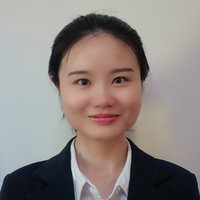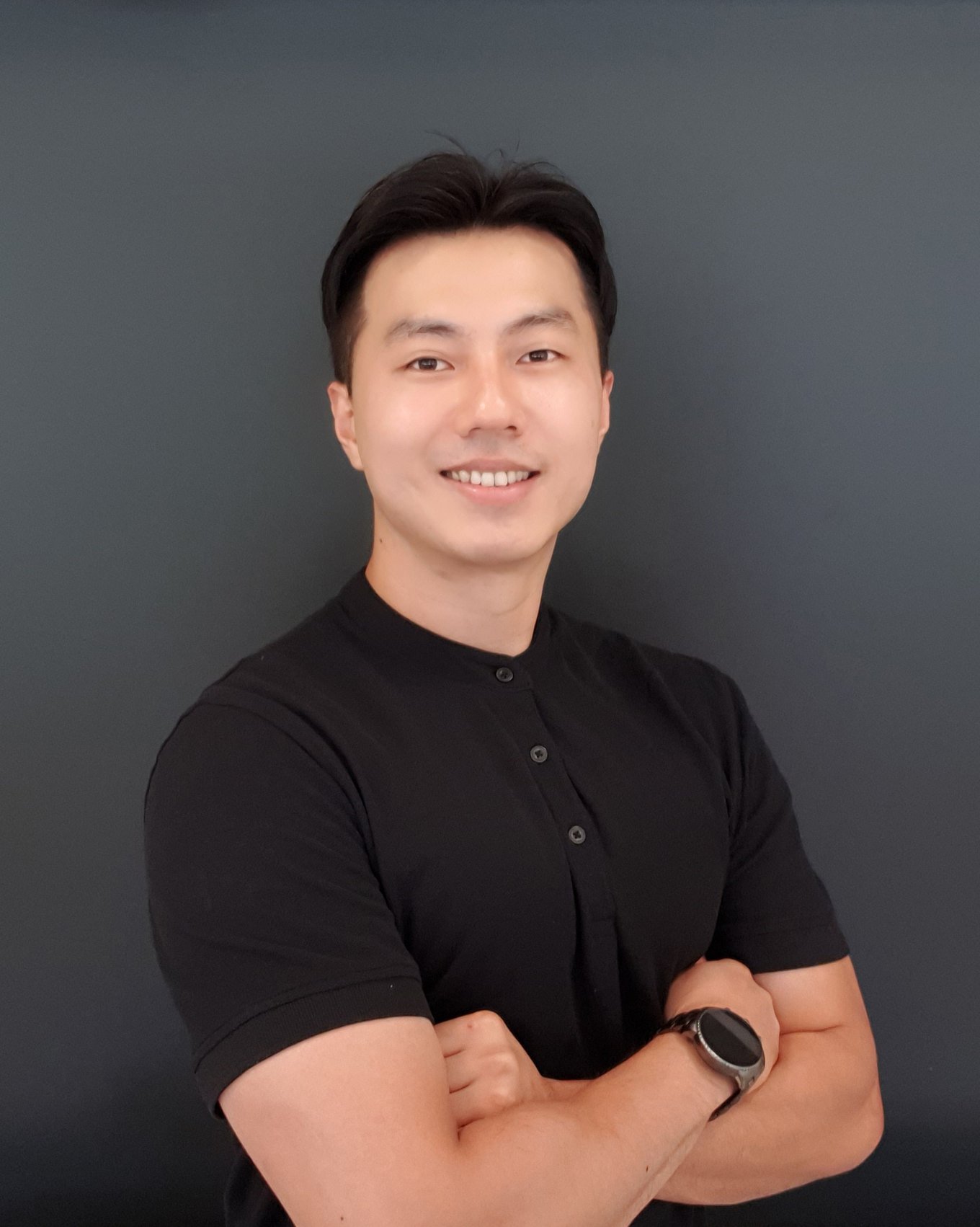Nanotechnology & materials
Sooyeon CHO
Developed a new single cell analytics based on label-free fluorescent nanosensor.

Europe
Tino Matter
CEO at Anavo Medical

China
Pengzhan Sun
Atomic-scale confinement channels, experimentally revealing the mechanisms and novel phenomena of mass transport processes.

MENA
Yazan Ibrahim
Surface-patterned water filtration membranes with enhanced permeability and fouling resistance.

Asia Pacific
Xue Jiang
Experimentally observed the perfect transmission in acoustic Klein tunneling.
